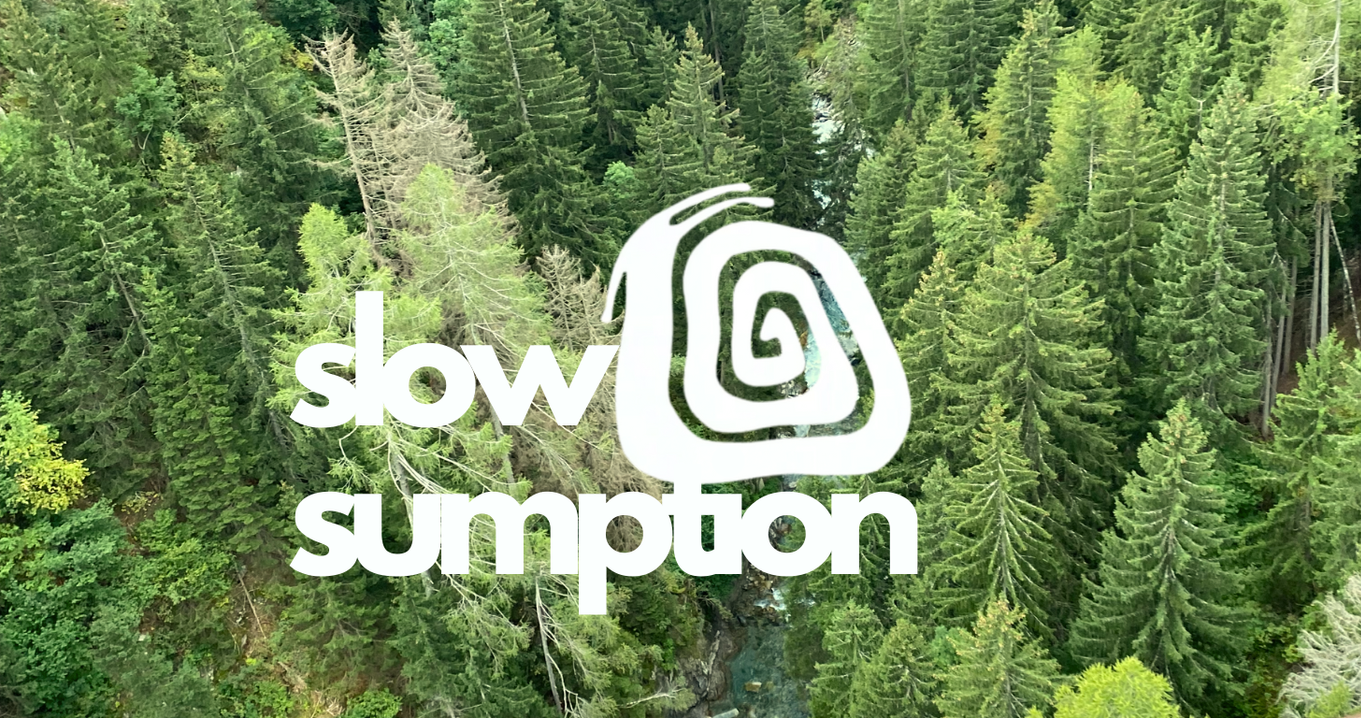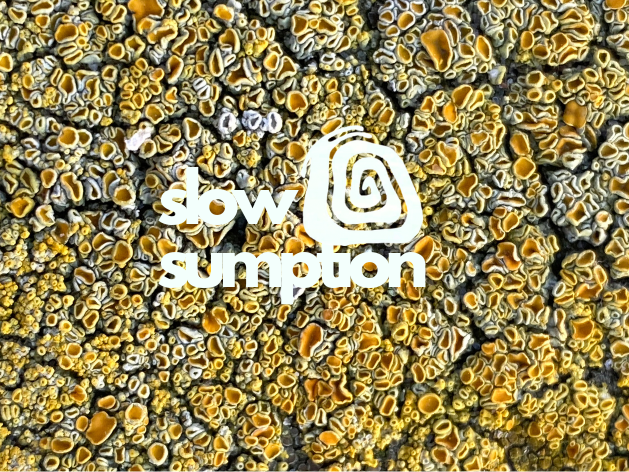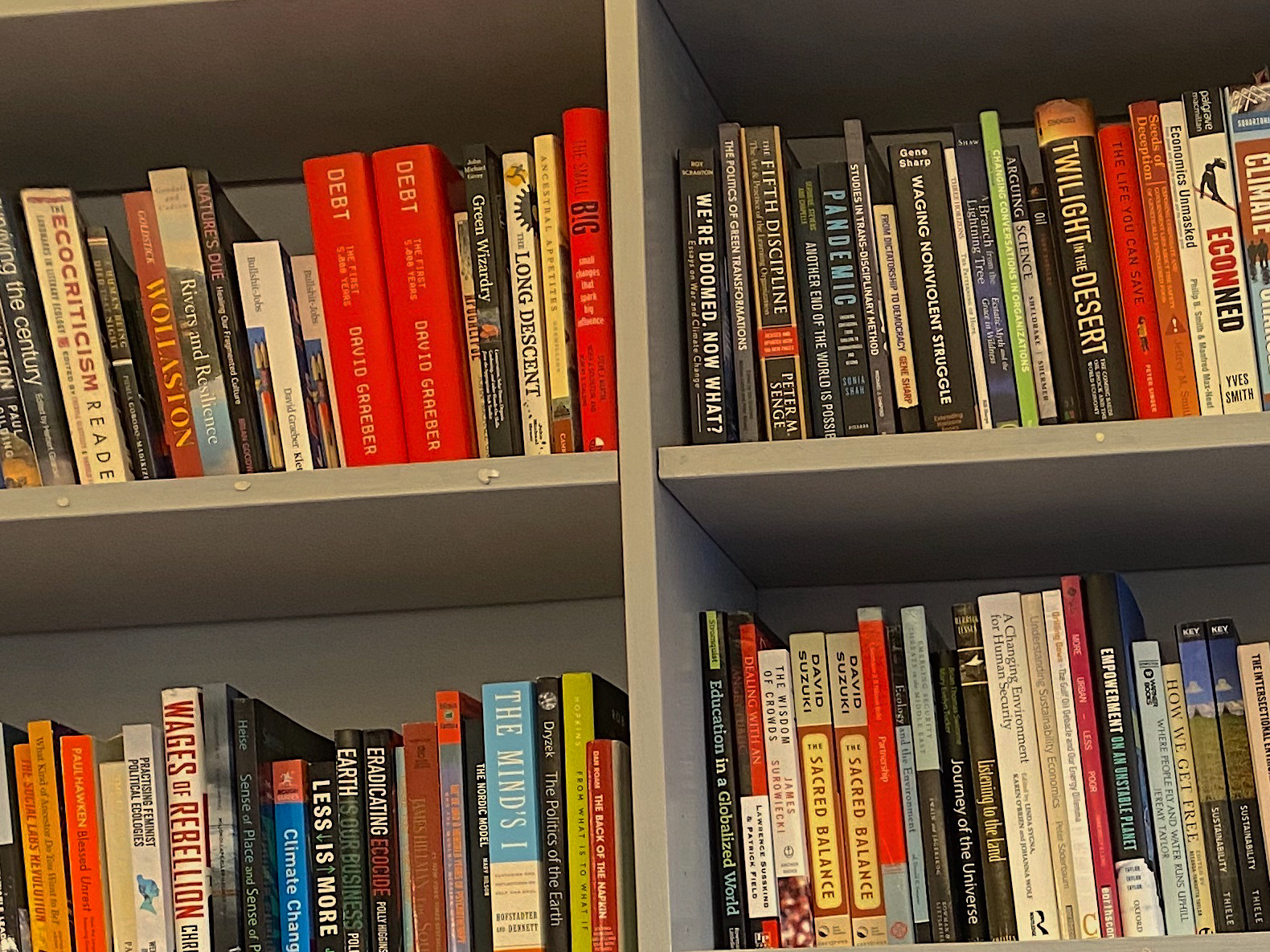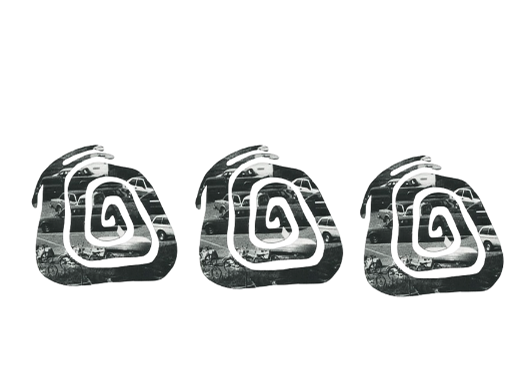We believe that the values and politics that underpins our consumerist society is the root of todays environmental crisis. Therefore, we have created the Slowsumption project to adress how these values affect our behavior as consumers and wether they are in line with our actual beliefs and moral standards. With inspiration from systems thinking, we emphasize the complex and interdependent relationships that connect us with the rest of nature. Instead of sticking to theories that separate values from facts and human from nature we would like to see a broader picture that centers around the future we desire, the values that future build on and the actions required to attain it. So how do we embrace this way of thinking?
The Art of Personal Sufficiency- We want to challenge the norms establishing consumption as a marker of social achievements such as power, success and status. Under the influence of maximalist lifestyles and trends channeled through the top 1% wealthiest on our planet, the direction is set for the rest of us to follow. Thinking about it though, an abundance lifestyle might not reflect desirable attributes at all but rather a lack of self-reflection, ignorance towards a forthcoming environmental emergency and narcissistic self-centeredness. We want to actively make resistance against the ideal of an abundance lifestyle by advocating for “the art of personal sufficiency” where the ability to refrain from overconsumption is a socially desirable quality. Instead, we celebrate adequacy as a desirable norm, making people realize the inconsistency between emotional satisfaction and material surplus. Doing so, we will become better at determining when we have enough resources to fulfill our needs and settle for sufficiency. In other words, we need ot change our behavior in order to change our way of thinking and thus stop acting as if we believed that material wealth equals happiness. A good start is to ask yourself if the product you are about to consume, whether it is a new piece of clothing or a trip abroad, will actually fulfill your needs or if your existing resources are enough. Through our collaboration projects you can become inspired to invest care and time in your material objects, for instance by learning how to mend your clothes or swap them with others. It will hopefully allow you to find beauty in being a slow consumer.
Defining Happiness- Re-evaluating consumption and money as the end goal of the economy require a search for purpose beyond material value. By exploring the sources of desired emotional states such as well-being and happiness, new paths beyond the one of consumerism could be found. Happiness today is often seen as a temporary feeling, dependent on external stimuli such as material possessions. It allows hedonistic values, the striving for short term pleasure or absence of suffering, to guide our actions. In turn, our consumerist society promotes these values as sources of happiness, making us addicts to continuous consumption in the hunt for more happiness (Philips, Maiteny, 2009). Meanwhile, we undermine ours and future generations possibility to experience long-term happiness as we degrade our planet. Therefore, we want to encourage happiness as authenticity or a steady state of long-term contentment attained by behaving in line with inner desires and moral values. This type of happiness is rather attained through the sense of belonging and meaningfulness in a larger societal or ecological context (Maiteny, 2009). Many of our collaboration projects offers such contexts, which allows you to feel connected to others and act in line with values that promotes sustained well-being. With that being said we’re not advocating that people should refrain from the hunt for short-term happiness all together: Though we simply don't believe that they should guide our way to well-being the expense of authentic emotions and opportunity to life.
Starting by Thinking- "But what difference does my action as an individual make?" is a common question when it comes to environmental action. And it is a relevant one indeed. We also doubt that individual students participation in small sustainability project will have a lot of impact mitigating a daunting environmental crisis on a global scale. Though just like the nature an organism, a system which both consist of and interacts with numerous other systems, societal change is a process of relationships. One small part of a body can set off reactions in completely different parts, demonstrating the beauty of complexity. Only by starting to reflect critically upon the causes and outcomes our current consumerist society and consider alternative sources to happiness, you could become a part of a crucial structural movement. If you would like to participate by educating yourself, reach out to others with similar ideas or take part of experiences that aligns your values and behavior is all up to you.
The information above is gathered from scientific sources:
Buller, A. (2022) The value of a whale on the illusions of green capitalism. Manchester: Manchester University Press.
Garrad, G. (2009) “Ecocriticism: the ability to investigate cultural artifacts from an ecological perspective” in The handbook of sustainability literacy : skills for a changing world. Totnes, UK: Green Books. Chapter 1.
Maiteny, P (2009) “Finding Meaning without Consuming: The ability to experience meaning, finding purpose and satisfaction through non-material wealth” in The handbook of sustainability literacy : skills for a changing world. Totnes, UK: Green Books. Chapter 26.
Merchant, C. (2008). Ecology (2nd ed.). Humanity Books.
Morris, D and Martin, S (2009) “Complexity, Systems Thinking and Practice: skills and techniques for managing complex systems” in The handbook of sustainability literacy : skills for a changing world. Totnes, UK: Green Books. Chapter 23.
Naish, J (2009) “Optimisation: the art of personal sufficiency” in The handbook of sustainability literacy : skills for a changing world. Totnes, UK: Green Books. Chapter 2
Raworth, K. (2017) Doughnut economics : seven ways to think like a 21st century economist. White River Junction, VT: Chelsea Green Publishing
Stibbe, A. (2009) “Advertising Awareness: the ability to expose advertising discourses that undermine sustainability and resist them” in The handbook of sustainability literacy : skills for a changing world. Totnes, UK: Green Books. Chapter 4.



